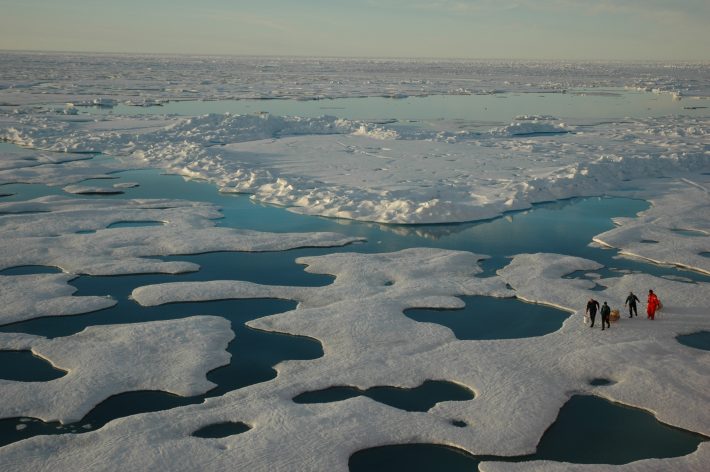Parliamentary inquiry into the UK’s role in Arctic sustainability – contribute to our response
The Environmental Audit Committee has an open inquiry into the UK’s role in Arctic sustainability.

The scope of the inquiry will include examining the extent to which the government’s approach to the Arctic is fit for purpose including how its promotion of scientific research and business best practise increases its influence among Arctic States and reduces environmental harm in the region.
As explained on the EAC inquiry webpages, in 2012, the predecessor Committee recommended that the Government develop an arctic strategy to bring together the UK’s diverse interests in the Arctic. In 2013, the Government published a policy framework which set out its vision for a safe, secure and well governed Arctic.Specific policy areas highlighted in the framework included the continued funding of UK-led Arctic research, promoting good governance and business standards in the region. The Government said that it would keep its policy framework under review.
This inquiry will assess what the Government has achieved through its policy framework to date, examine the extent to which the framework enables the Government to effectively pursue its, as well as global, interests in the Arctic, and determine whether the framework is still fit for purpose in light of recent developments. The inquiry is split into three main sections: Governance, scientific research and commercial activities.
We would like to focus a BES response on the scientific research questions posed by the Committee, including:
- What are the most significant environmental changes taking place in the Arctic, what is changing and what does it mean for the Arctic and the UK?
- How does the Government’s focus on promoting and funding UK scientific research in the Arctic increase its influence with Arctic States and other international fora relevant to the Arctic? How does the UK’s involvement in international scientific fora (such as the International Arctic Science Committee) and bilateral research projects between countries help?
- What impact has the Natural Environmental Research Council’s (NERC) recent 5 year research programme had so far? What is being done to assess its impact in the future? What is the process for deciding what follows?
If you would like to help inform BES’s response the this inquiry please get in touch with Camilla by Monday 3 April. We would like to hear about your views and the evidence related to the questions listed above.
Like what we stand for?
Support our mission and help develop the next generation of ecologists by donating to the British Ecological Society.